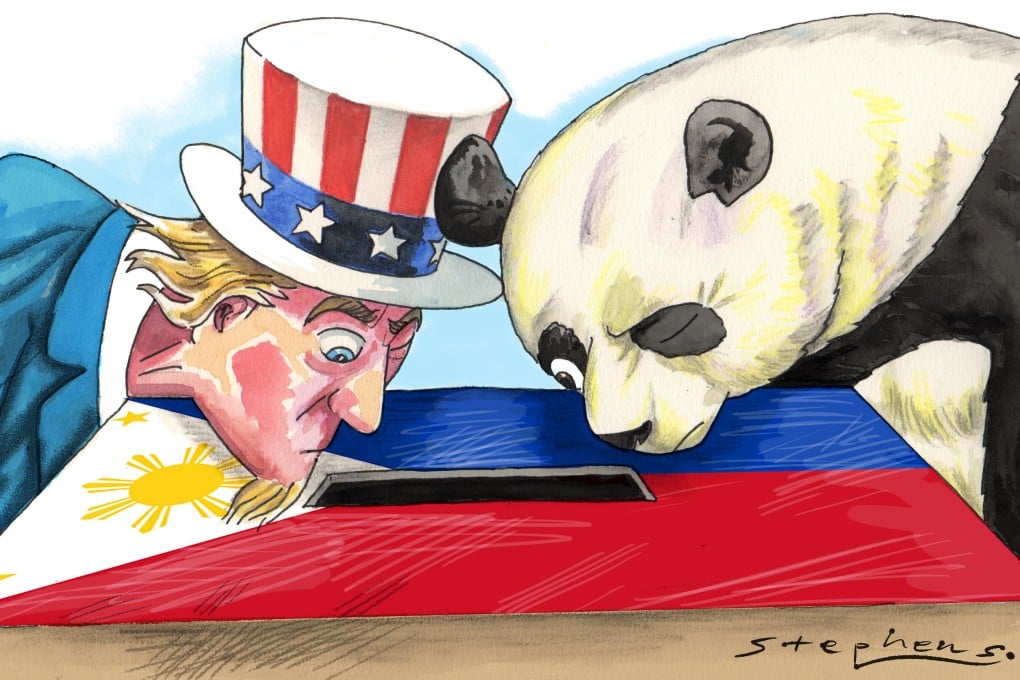Advertisement
Opinion | How the Philippines presidential election will shape its love-hate relationship with China
- The Philippines’ China policy will arguably be moulded by the president’s personal approach towards Beijing, China’s behaviour in the South China Sea and how the US intends to work with regional allies in managing its geopolitical contest with China
Reading Time:4 minutes
Why you can trust SCMP
1

May’s presidential election in the Philippines will set the trajectory of the country’s foreign policy for the next six years. For Manila, China remains a core policy concern, given the lingering maritime and territorial disputes in the South China Sea. As the election approaches, there has been talk of potential foreign election interference and a “Manchurian candidate”.
The five major presidential contenders include Ferdinand “Bongbong” Marcos Jnr, former senator and son of the late strongman Ferdinand Marcos, Vice-President Leni Robredo, Manila Mayor Isko Moreno, Senator Panfilo Lacson and Senator Manny Pacquiao, the former world boxing champion.
Based on a December 2021 poll by Pulse Asia, Marcos has a commanding lead of 33 per cent over second-place Robredo. Looking at the potential China policy of the candidates, Marcos, Moreno and Lacson have all exhibited pragmatic tendencies by expressing an openness to joint development with China in the South China Sea.
Advertisement
Robredo is also willing to engage with China, like Vietnam. However, she says that for joint development to happen, China must explicitly acknowledge the 2016 arbitral award which nullified its claims in the South China Sea.
Joint development is just one aspect of bilateral relations with China, so the candidates’ stance on how they intend to manage other China-related issues and, by extension, broader Philippine foreign policy is also important.
These include the fishing rights of Philippine fishermen, China’s military posturing and maritime law enforcement operations in the South China Sea, Chinese official development assistance and investments, and the alliance with the United States and defence cooperation with other security partners.
Advertisement
Select Voice
Select Speed
1.00x

